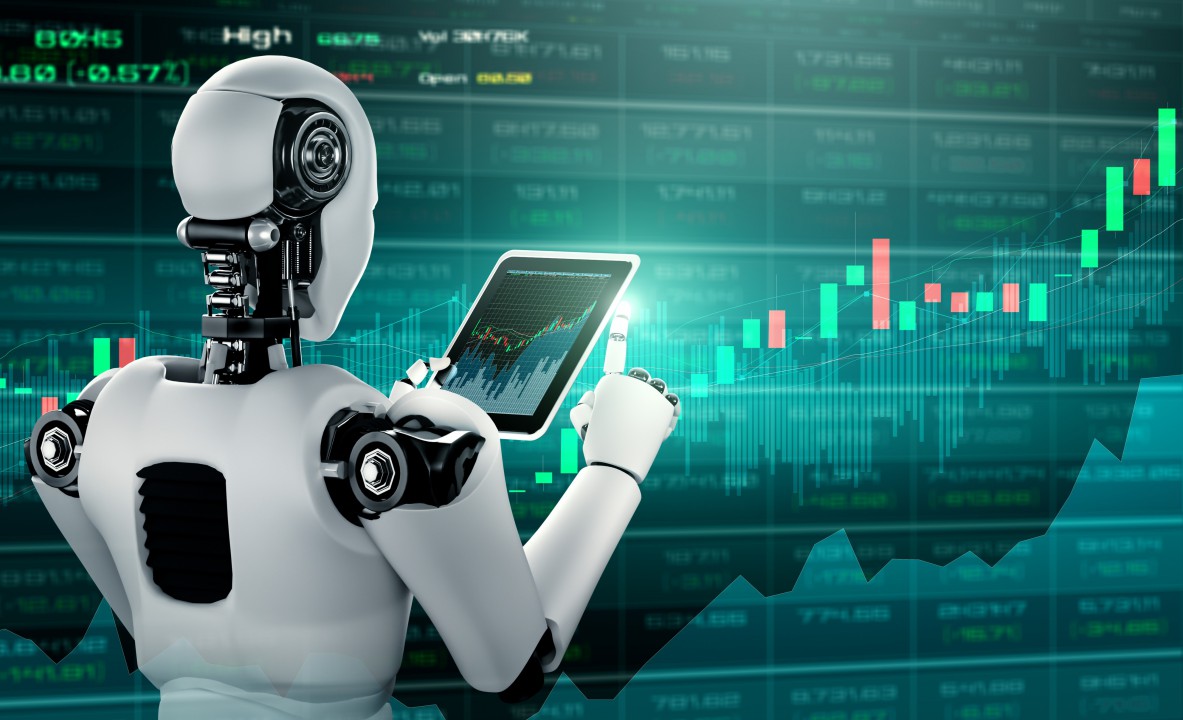Artificial intelligence in the form of machine learning has been on the rise in this past decade and is showing no signs of stopping. Businesses are leveraging the capabilities of machine learning to improve their sales, logistics, management, and many other facets of business. Marketing is no exception.
What is machine learning in marketing?
Machine learning is a branch of artificial intelligence based on using computers to process large amounts of data to identify patterns and then letting the computers make decisions on those findings. In essence, it is businesses making use of computers to analyse and interpret data with minimal manual labour. Machine learning in a marketing context mostly deals with utilising consumer data and consumer behaviour data to anticipate a customer’s next move and then to act on it. The machine learning algorithms are able to identify common trends and occurrences and their root causes to allow marketing teams to create tailored and more effective campaigns.
Due to computing power, machine learning approaches are able to sift through data and create conclusions much faster than the average human can. Therefore, machine learning driven marketing is most useful when dealing with time-sensitive projects or when analysing information in real-time. More nuanced issues are probably better dealt with by actual people, but this may change with time.
How machine learning changes the marketing game
Machine learning can interpret more pieces of the puzzle when determining marketing campaign success. It can be used to analyse high-performing ad-placements. Along with budget allocation rules, AI can be used to determine the best return of investment on marketing campaigns. AI systems are used to bid on advertisement space relevant to target audiences. This bid can be informed by location, interests, purchase history and more to provide effective marketing platforms for cheaper prices. This can lead to greater returns on investment.
Machine learning can be used to analyse campaign elements that contribute to marketing success and to identify the best mix of elements. However, machine learning comes into its own when it makes predictions and assessments on an individual level. It is often difficult and time-intensive for humans to go through every single person’s information. Machine learning doesn’t have the same problem. Marketing success can now be determined on an individual basis. Due to the insights of individualized data, specific marketing techniques can be applied to specific people and audiences. Digging into keywords searches, social profiles, and other online data can be leveraged to provide better targeted campaigns.
It can be incredibly useful for marketing systems to adapt marketing strategies in real-time based on current information. Different groups and individuals may respond differently to different messages. Some resonate with emotional appeal, others might prefer humour, and others may be drawn to logic over the others. Apparently, Netflix makes use of this to change their movie artwork based on what kind of genres their viewers enjoy. Amazon uses machine learning to suggest products based on a consumer’s purchase history and browsing history. This greatly increases conversions and satisfaction rates.











